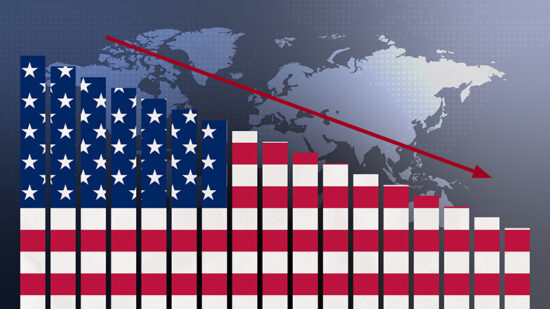Last month, president Donald Trump ordered a review into the controversial Obama-era fiduciary rule, which was due to come into force in April to put an end to hidden fees and high-commission investment products in Americas £16trn ($20trn, €18.5trn) retirement industry.
Just weeks later the US Labor Department, tasked with implementing the new legislation, proposed a 60-day delay to the April introduction date.
‘Unrealistic’ timeline
Now Bill McNabb, chief executive of Vanguard, which manages $4trn for investors around the world, said the rollout of the regulation should be pushed back by at least 12 months.
“Vanguard strongly believes that investors should always receive investment advice that is in their best interest, and those who provide investment advice should be held to a fiduciary standard.
“At the same time, we want regulations as far-reaching as the [fiduciary] rule to be well-crafted and thoughtfully implemented to limit investor confusion, disruption and cost,” he said in a statement on the company’s website.
McNabb added it was “unrealistic” to expect the DoL to carry out a full review of the rule within 60 days.
Scrapping the reforms would be welcomed by many asset managers, brokers, life insurers and other financial service providers as it threatens the provision of some of the industry’s most lucrative products.
Meanwhile, other critics say the rule would limit the ability of advisers to service clients who cannot afford to pay for financial advice and must use products that carry commissions or other indirect costs.
Passive winners
But McNabb’s comments come as a surprise as the regulation, widely regarded at the US-equivalent of RDR, is expected to lead more advisers to recommend low cost passive funds such as those managed by Vanguard and BlackRock over expensive actively managed funds that pay a commission.
While compiling the regulation last year, the Obama administration predicted that fiduciary rule would generate $17bn annually in cost savings for American workers and retirees
Meanwhile, Barbara Novick, vice-chair of BlackRock, which oversees $5.1trn for investors, is also calling for a delay.
In a letter to the DoL, she said that Trump’s review of the fiduciary rule has put the the long-term future of the standard in doubt and that a failure to delay its implementation would “cause confusion to individual investors”.
“Given this lack of certainty, the current April 10, 2017 applicability date would impose unreasonably high costs and operation burdens on the financial services industry,” she added.
Temporary delay
Earlier this month, Don Andrews, a compliance attorney with US law firm Venable, told International Adviser he believes the fiduciary standard will be delayed temporarily but expects it to be implemented by June this year.
He added that US financial services companies will continue with efforts to comply with the as the move is backed by consumers demanding greater protection.








